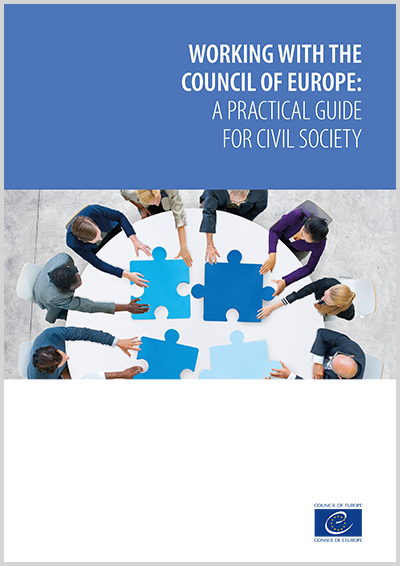European Commission against Racism and Intolerance (ECRI)

Racism and intolerance can only be successfully countered if civil society is effectively engaged. ECRI attaches great importance to ensuring that its anti-racism message filters down to the whole of civil society so that all sectors of society are involved in intercultural dialogue based on mutual respect.
Co-operation with NGOs is strengthened through a working group on civil society relations, including information exchange, meetings, and hearings. In the context of its country visits ECRI holds meetings with NGOs to assess the situation as accurately as possible and identify pertinent issues to raise with government representatives. Following publication of country-by-country reports or conclusions information meetings are organised in co-operation with national government and non-government partners. Such methods are employed in a systematic manner, with the aim of building up a network of NGOs working in partnership with ECRI to provide a genuine two-way exchange.



